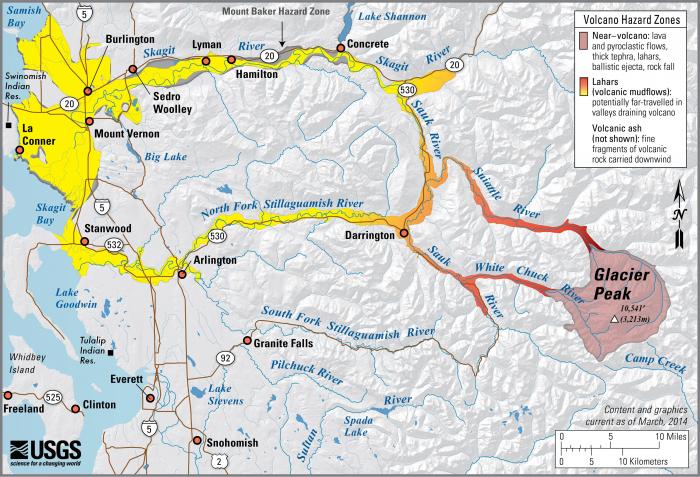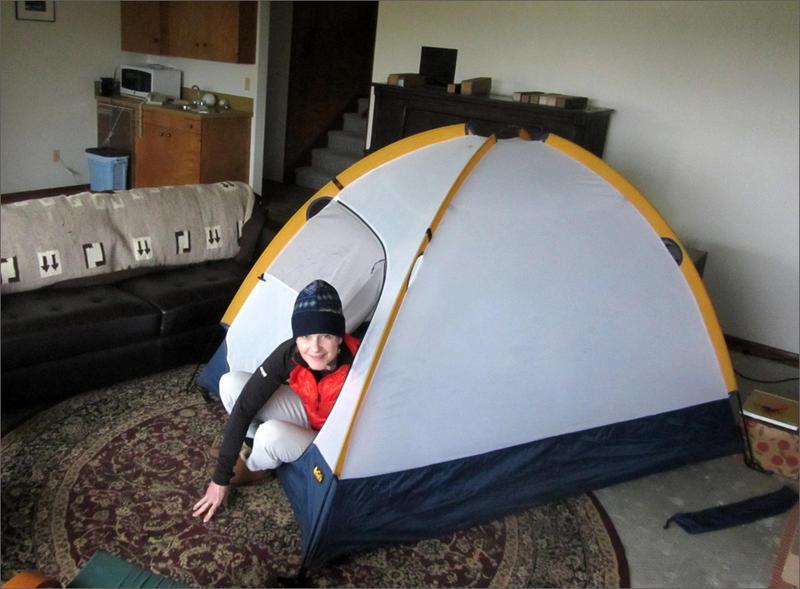
 2
2




 1
1




 3
3




Question for you all here: Are you including resilience to such events into your design? If so, how?







 1
1




"Where will you drive your own picket stake? Where will you choose to make your stand? Give me a threshold, a specific point at which you will finally stop running, at which you will finally fight back." (Derrick Jensen)




 1
1




Don't let perfect be the enemy of good.

 3
3




Matt Richards wrote:After reading the advice of a few threads here for places to get cheaper land, I started doing some research on plots available in the williamette valley. Then my partner's mother (of all people) sent her this article:
http://www.newyorker.com/magazine/2015/07/20/the-really-big-one
Needless to say it has put my search for land in the PNW on hold...
Question for you all here: Are you including resilience to such events into your design? If so, how?

QuickBooks set up and Bookkeeping for Small Businesses and Farms - jocelyncampbell.com
 1
1











 3
3




 1
1




Pecan Media: food forestry and forest garden ebooks
Now available: The Native Persimmon (centennial edition)

 1
1








John Polk wrote:Obviously, we are going to need a supply/source of safe water.
There was nothing on their list that you could just open the can and eat.
It all required some cooking, AND water, which may become the scarcest commodity.




Dan Boone wrote:
If you've got water, needing water isn't a problem; and if you don't have water, hunger isn't a problem for long. So I'm still not seeing how the water-requirement matters.
As for cooking, I think you and I are using different meanings for the word "required". I can parse what you're saying if by "required" you mean "to make the eating process maximally pleasant." But I mean something more like "to be able to consume and digest" and once again, rice is the only item on your list for which that might be true.
 1
1




Don't let perfect be the enemy of good.
 1
1











 2
2




R Ranson wrote:I would rather an earthquake than any other major disasters I can think of.
Dan Boone wrote:
John Polk wrote:Obviously, we are going to need a supply/source of safe water.
There was nothing on their list that you could just open the can and eat.
It all required some cooking, AND water, which may become the scarcest commodity.
If you've got water, needing water isn't a problem; and if you don't have water, hunger isn't a problem for long. So I'm still not seeing how the water-requirement matters.
 3
3




Dan Boone wrote:
John Polk wrote:Obviously, we are going to need a supply/source of safe water.
There was nothing on their list that you could just open the can and eat.
It all required some cooking, AND water, which may become the scarcest commodity.
If you've got water, needing water isn't a problem; and if you don't have water, hunger isn't a problem for long. So I'm still not seeing how the water-requirement matters.









What about the tsunami that is supposed to follow a PNW quake?




Gilbert Fritz wrote:What about the tsunami that is supposed to follow a PNW quake? Wouldn't that be much harder to survive then the initial quake or even the aftermath?
"Where will you drive your own picket stake? Where will you choose to make your stand? Give me a threshold, a specific point at which you will finally stop running, at which you will finally fight back." (Derrick Jensen)
 1
1




Gilbert Fritz wrote:What about the tsunami that is supposed to follow a PNW quake? Wouldn't that be much harder to survive then the initial quake or even the aftermath?







 5
5






 3
3




Devin Lavign wrote:
Something to note from the Newyorker article, is the bridges issue. That is something to consider quite heavily in choosing a piece of land. If you have too much reliance on bridges that can fail to get in or out your property just might be isolated from any relief effort. A big part of what the article had said will make relief difficult is the likelihood of damaged bridges preventing access to areas.
 1
1




 2
2













 2
2





QuickBooks set up and Bookkeeping for Small Businesses and Farms - jocelyncampbell.com
 1
1




 1
1





|
You'll never get away with this you overconfident blob! The most you will ever get is this tiny ad:
Learn Permaculture through a little hard work
https://wheaton-labs.com/bootcamp
|





